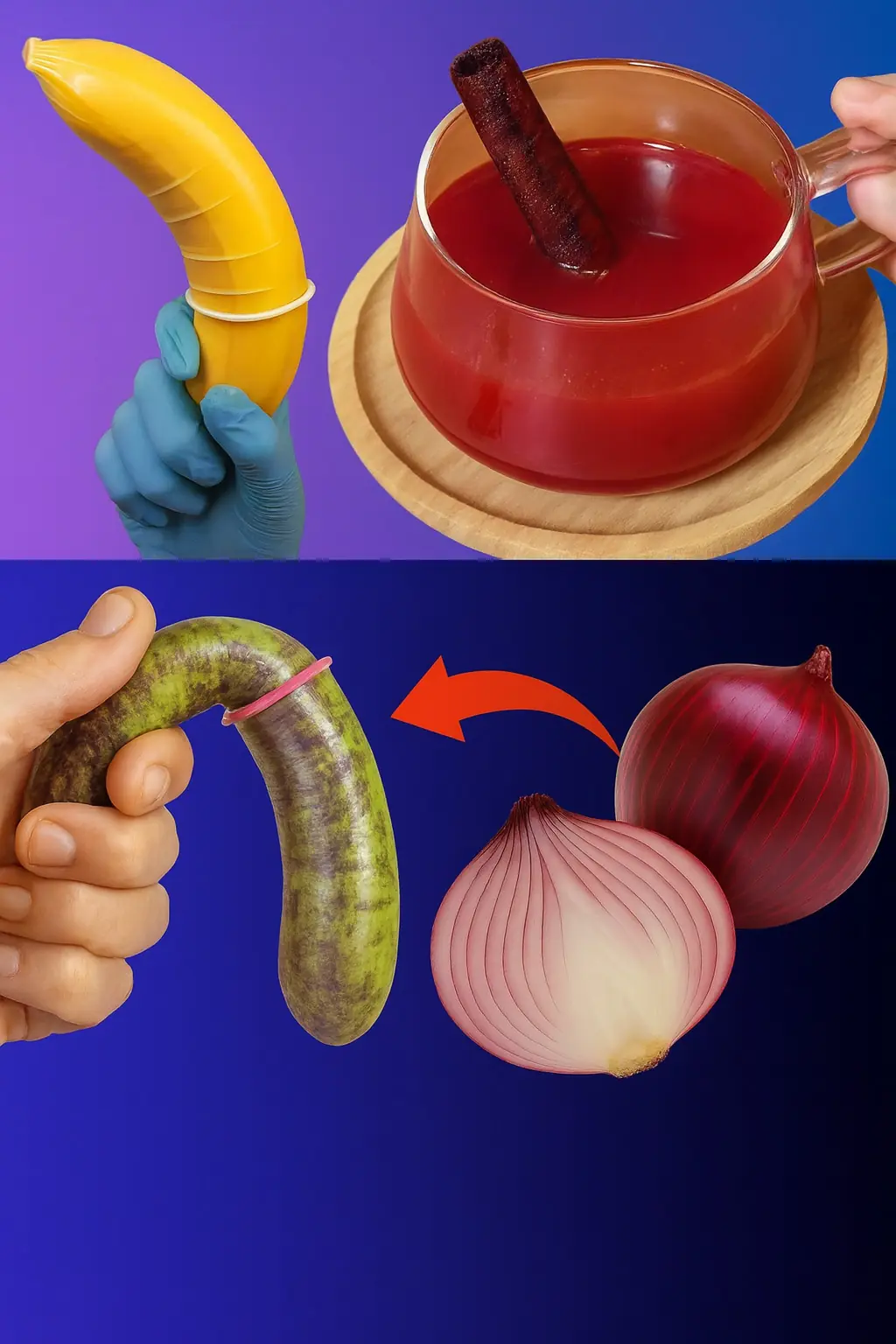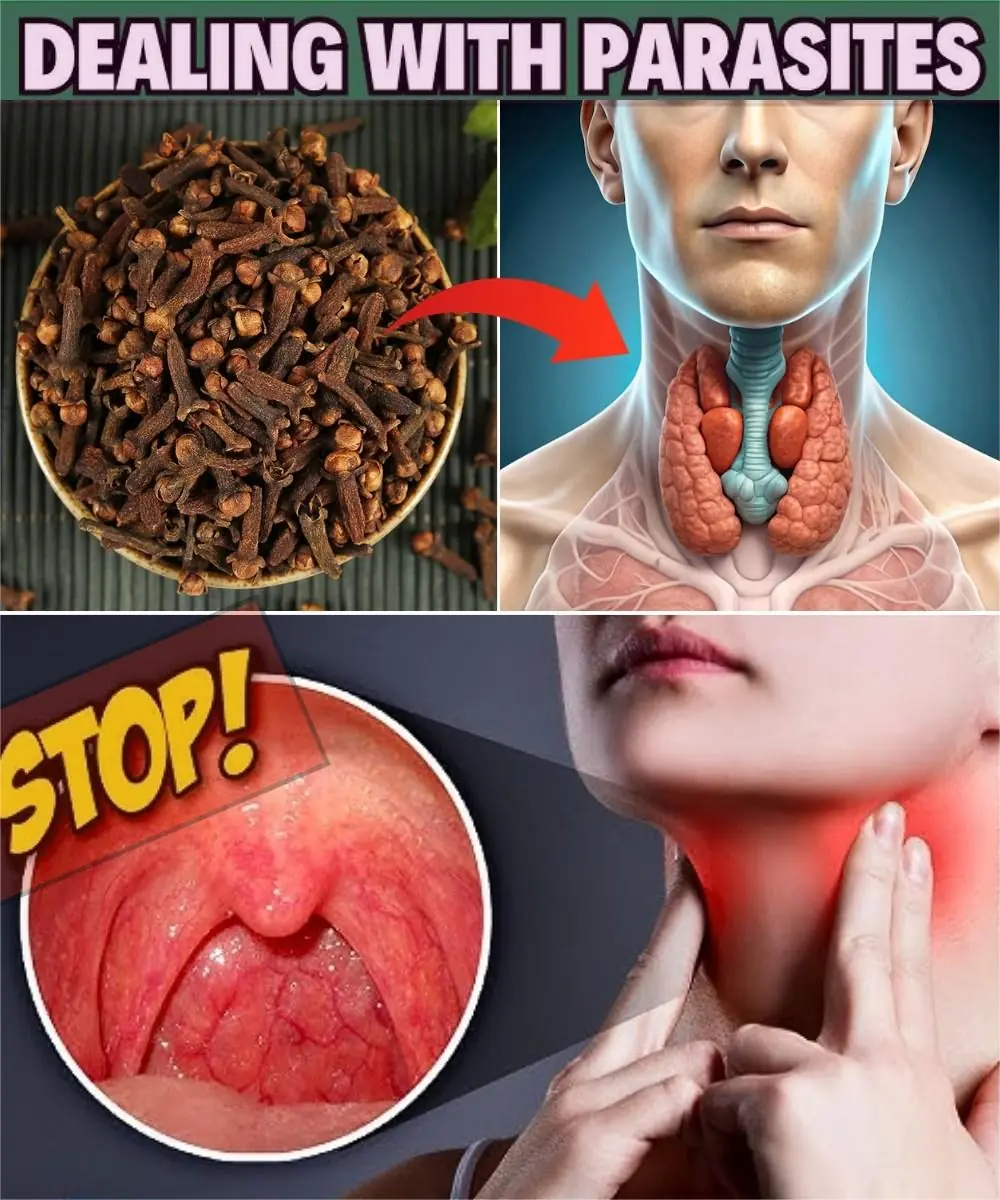
Too Much Sugar, Not Cholesterol, May Be Your Heart’s Biggest Threat
For decades, cholesterol has been cast as the villain in heart disease. But a landmark 15-year study published in JAMA Internal Medicine suggests that added sugar may pose an even greater danger—dramatically raising the risk of dying from heart disease, even among people who are not overweight.
The Study: Sugar and Heart Risk
Researchers followed thousands of U.S. adults over an average of 14.6 years, analyzing their diets and health outcomes. The findings were striking:
-
People who consumed 25% or more of their daily calories from added sugar were more than twice as likely to die from heart disease compared with those consuming less than 10%.
-
The risk climbed steadily as sugar intake rose, regardless of age, body weight, cholesterol levels, or physical activity.
-
Even moderate excess—about 17–21% of daily calories from sugar—was linked to a 38% higher risk of heart-related death.
These results underline a simple truth: it’s not just fat and cholesterol that damage the heart—sugar plays a powerful role, too.
Why Sugar Hurts the Heart
Unlike naturally occurring sugars in fruit and milk, added sugars (those stirred into sodas, desserts, and packaged foods) trigger harmful changes in the body:
-
Raises blood pressure – Excess sugar stresses blood vessels, pushing up blood pressure.
-
Overloads the liver – The liver converts excess sugar into fat, releasing harmful lipids into the bloodstream.
-
Promotes inflammation – Chronic sugar spikes contribute to low-grade inflammation, a key driver of cardiovascular disease.
Together, these effects silently erode heart health—even in people with normal weight or cholesterol.
Where Sugar Hides
The study identified the biggest culprits in the American diet:
-
Sugary drinks – soda, fruit punches, and energy drinks (accounting for over one-third of added sugar intake).
-
Desserts & candy – cakes, cookies, ice cream, and sweet snacks.
-
Sweetened cereals and flavored yogurts.
A single can of soda often exceeds the American Heart Association’s recommended daily sugar limit:
-
Women: 6 teaspoons (100 calories)
-
Men: 9 teaspoons (150 calories)
Rethinking Sweet Choices
Health experts urge people to cut back on added sugar—not just to manage weight, but to protect the heart. Small swaps can make a big difference:
-
Replace soda with sparkling water infused with fruit.
-
Choose fresh fruit or unsweetened yogurt instead of processed desserts.
-
Read labels carefully—sugar hides under names like “corn syrup,” “maltose,” and “evaporated cane juice.”
A Wake-Up Call
The message from this long-term research is clear: too much sugar can be lethal, even if you look healthy on the outside. While cholesterol still matters, sugar deserves equal, if not greater, attention in the fight against heart disease.
As Dr. Laura Schmidt of UCSF’s SugarScience project noted, “Sugar isn’t just empty calories—it’s toxic calories.”
✨ Bottom line: Protecting your heart may be less about avoiding butter and eggs, and more about putting down that soda can.
News in the same category

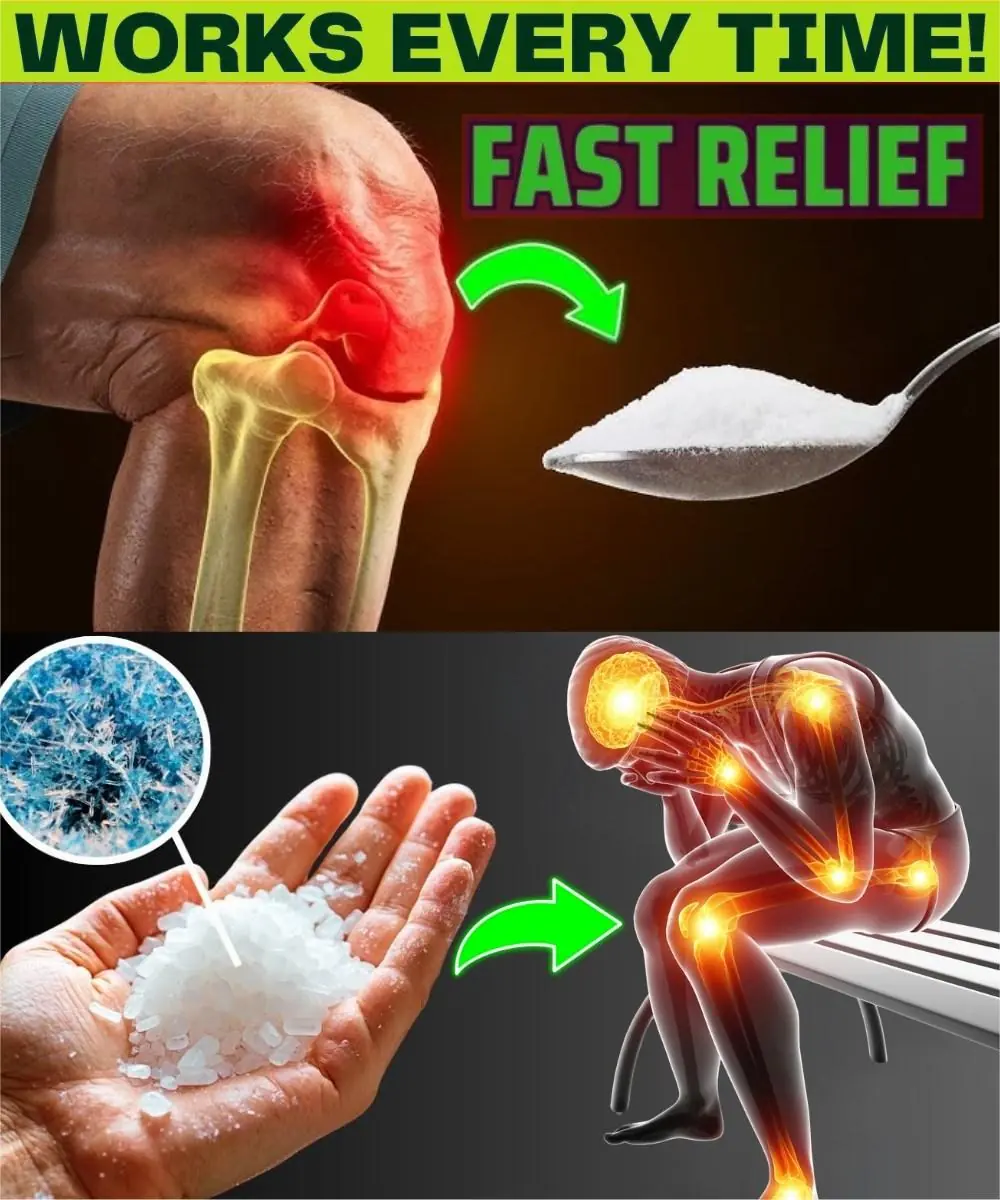
Rub Epsom Salt and Fix These 10 Health Problems (Benefits for Over 50s)

🌿 What Happens When You Eat Cloves Every Day for 30 Days?
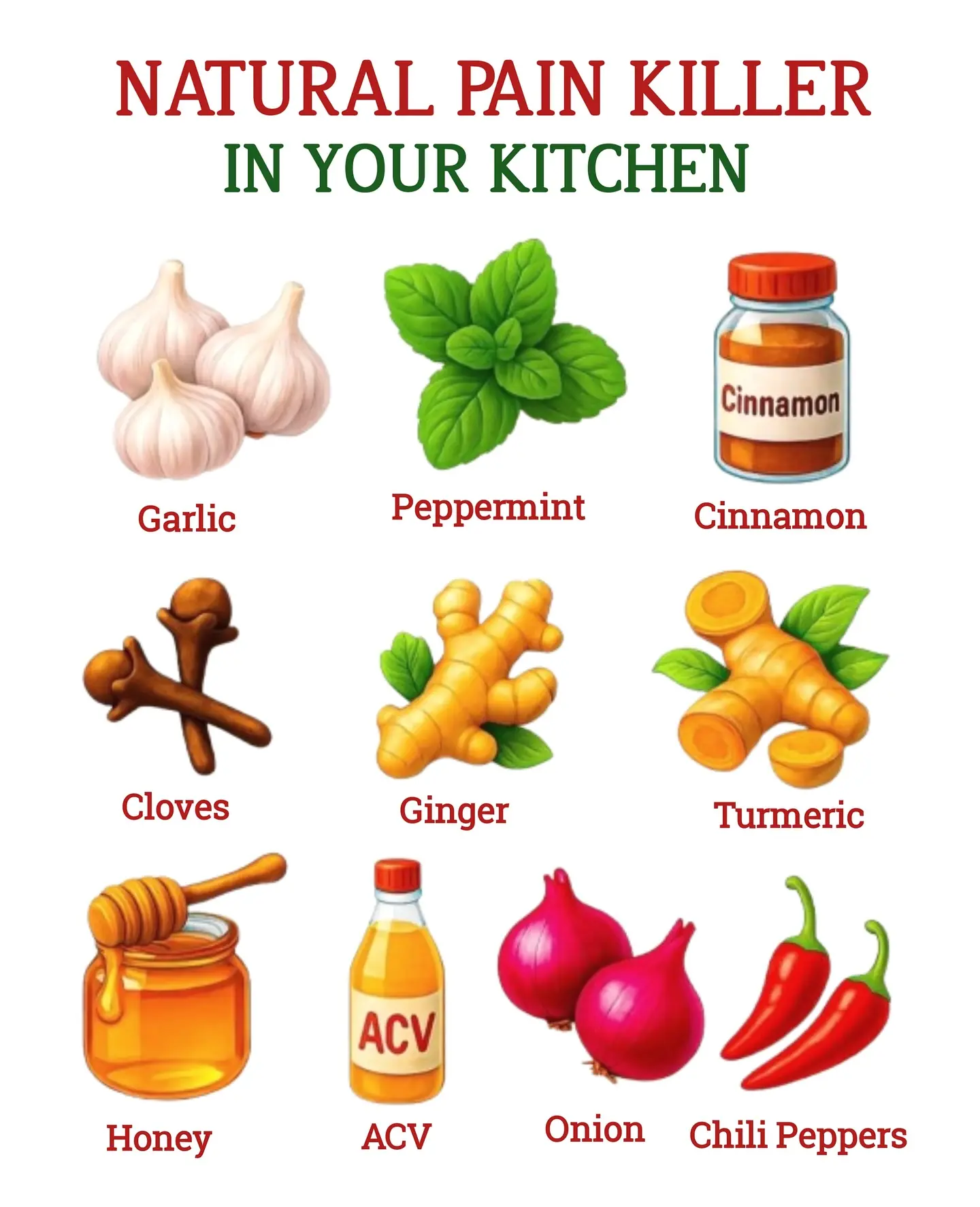
Natural Pain Killers You Can Find in Your Kitchen

🌿 Unlock the Ancient Healing Secrets of Euphorbia Prostrata: Your Natural Path to Wellness

A Gentle Herbal Infusion to Support Kidney Health and Natural Detox

🌿 3 Nourishing Drinks to Support Leg Strength, Circulation & Comfort After 60

Warning Signs in Your Eyes: When to Seek Urgent Medical Attention
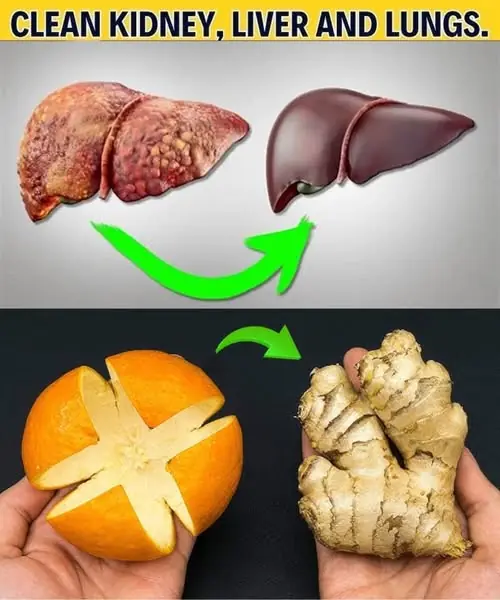
Flush Out Toxins Naturally: Support Your Kidneys, Liver, and Lungs for Vibrant Health

8 Common Foods That May Harm Prostate Health – And What to Choose Instead
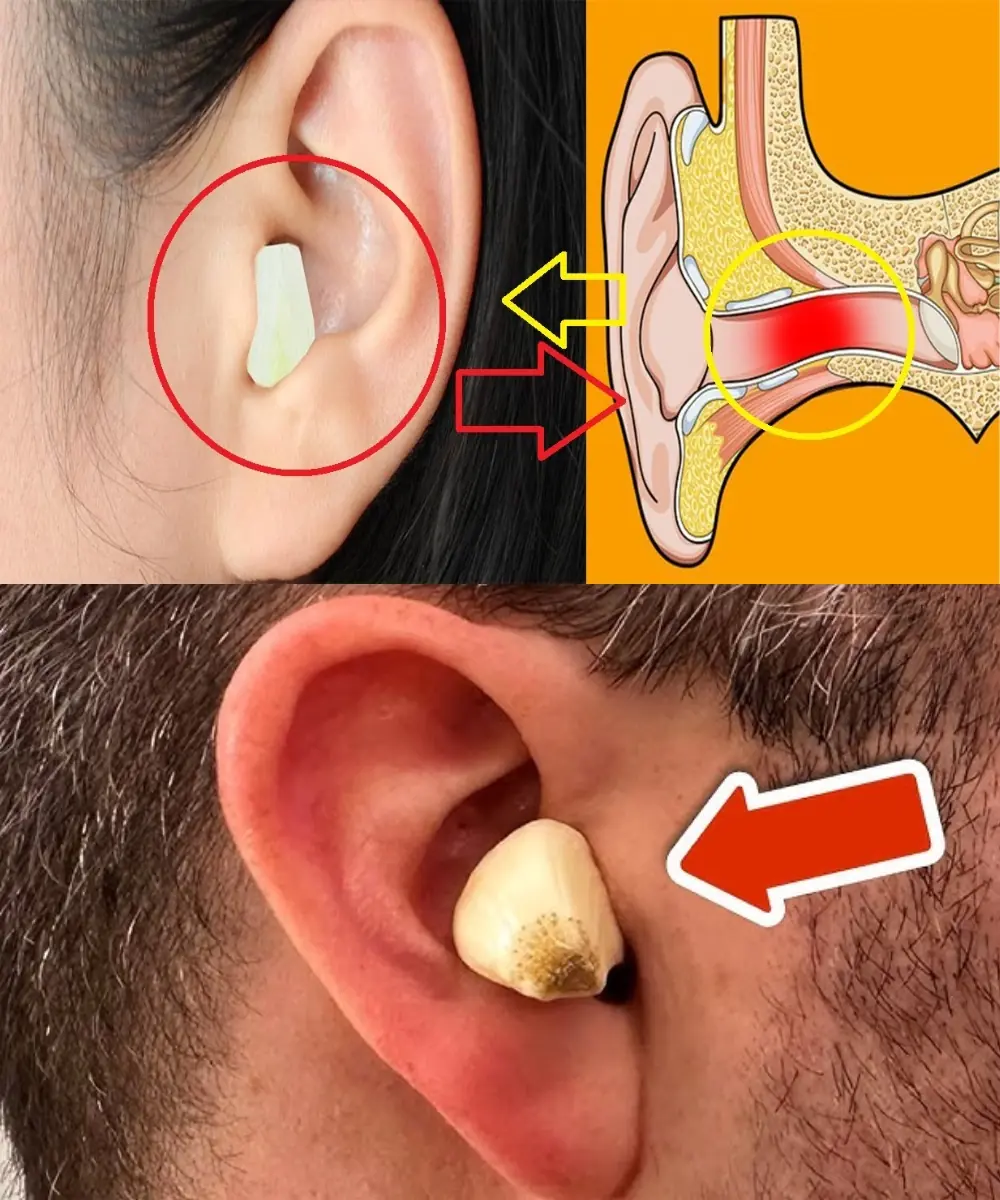
Garlic and Onion: The Natural Secret to Better Hearing
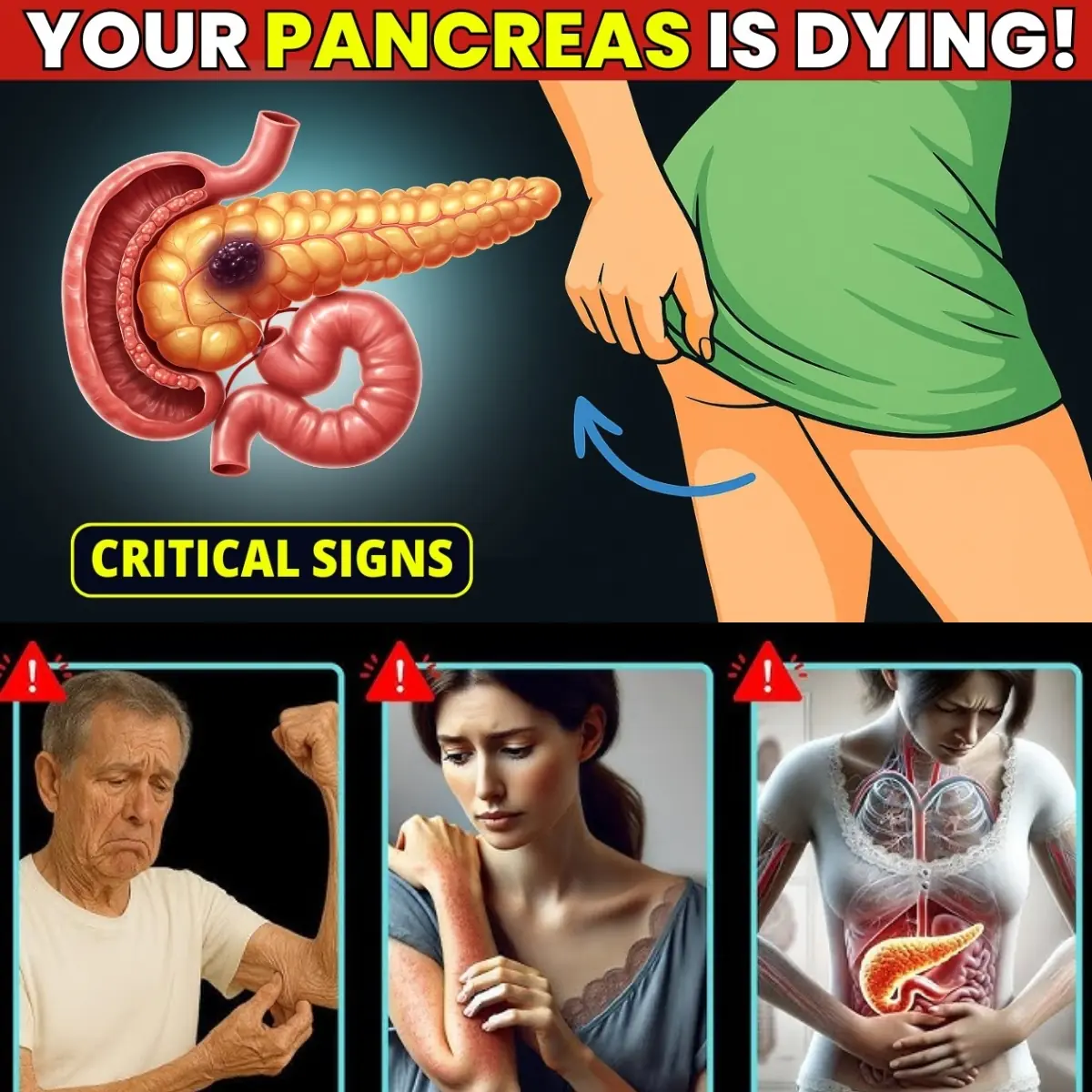
8 Shocking Signs of Pancreatic Cancer You Shouldn't Ignore

Euphorbia Hirta: The Backyard Weed With Golden Healing Powers

Germany’s Cartilage Repair Gel: Hope, Hype, and the Future of Joint Regeneration

Bioengineered Heart Patch Could Transform Treatment for Heart Failure

UCLA Scientists Unveil PP405 Molecule as Potential Breakthrough in Hair Regrowth

No More Fine Lines Thanks To Clove Orange Anti-Aging Oil

Age 40 Is the Decisive Point for Life Expectancy:
News Post

Scratchy Throat? Try This Tiny Spice for Gentle, Natural Relief

Rub Epsom Salt and Fix These 10 Health Problems (Benefits for Over 50s)

🌿 What Happens When You Eat Cloves Every Day for 30 Days?
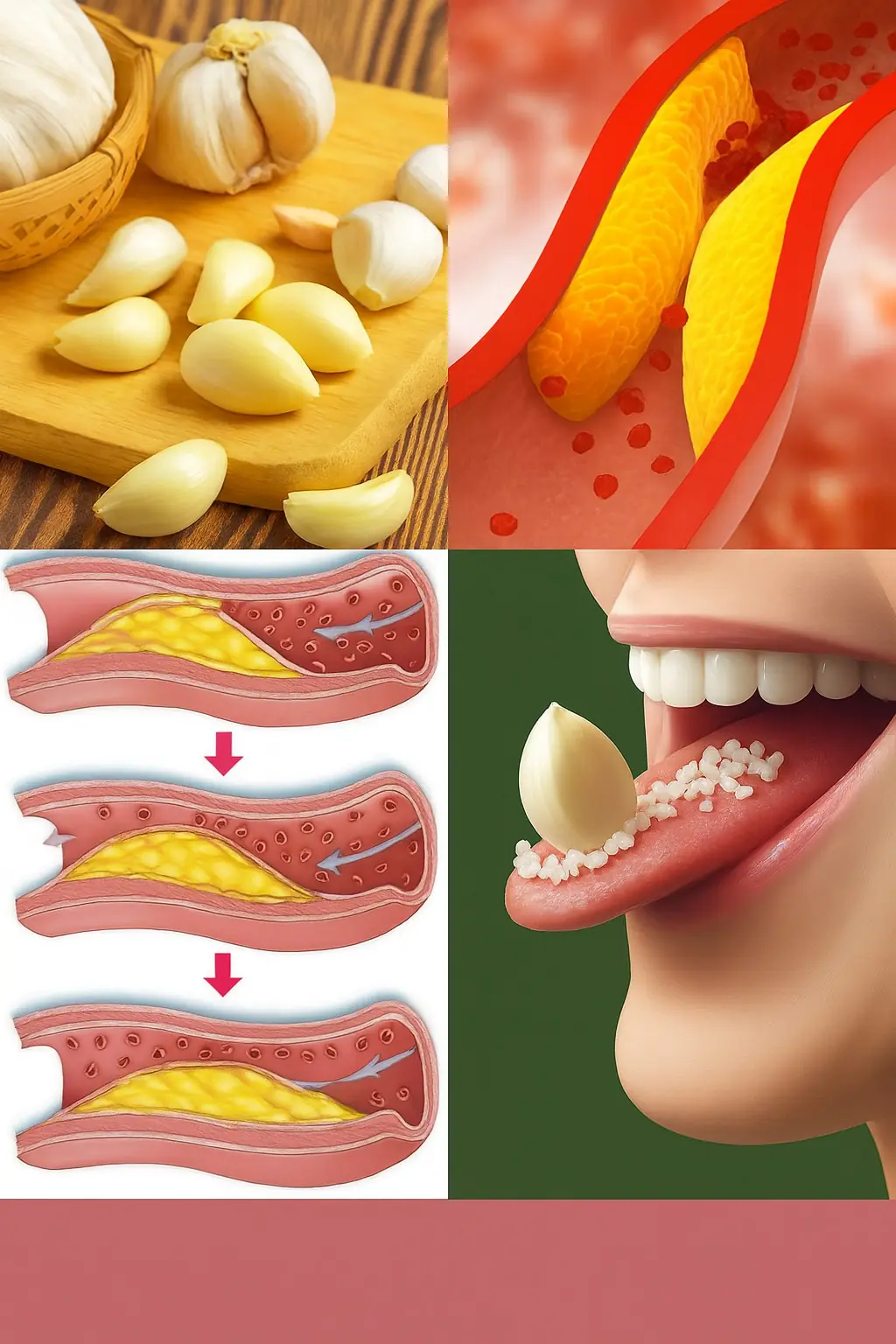
The Heart-Healthy Secret of Raw Garlic: Transform Your Wellness in 30 Days

15 Mind-Blowing Banana Secrets You Need to Know Before Your Next Bite

Unleash the Power of Moringa: 7 Life-Changing Benefits of the Miracle Tree 🌿✨

Purslane: The Superfood That Outshines Meat – 7 Compelling Reasons to Grow It in Your Garden

Discover the Toothpaste and Vaseline Hack for Radiant Skin You’ll Wish You Knew Sooner

Nature’s Secret Weapon: The Garlic, Lemon, Ginger, and Honey Elixir That Transforms Your Life

Castor Leaves Unveiled: 10 Astonishing Benefits to Transform Your Health
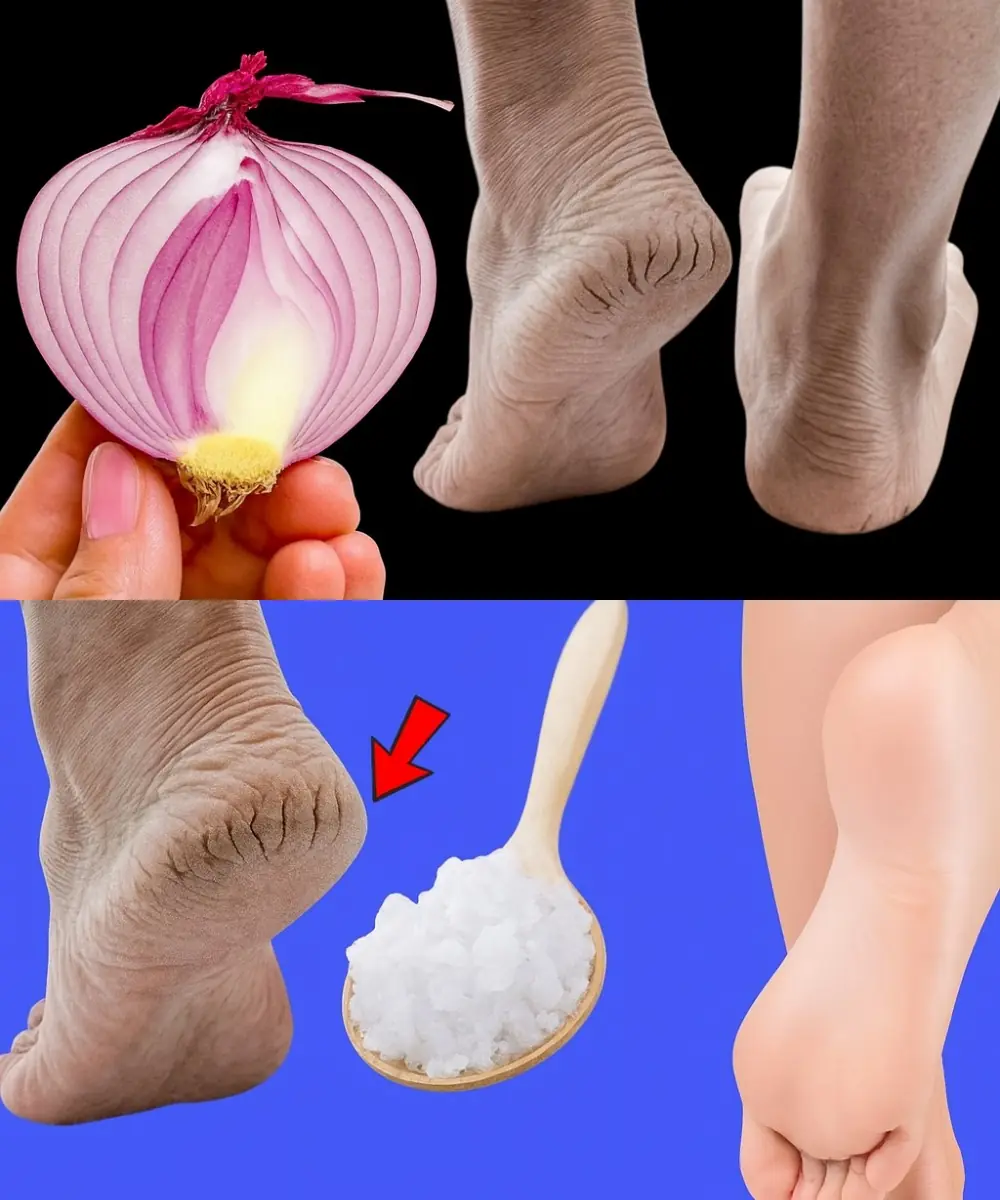
Cracked Heels? Unlock 5 Astonishing Natural Remedies That Truly Work!

Watermelon, Carrot, Beetroot, and Ginger Juice: The Ultimate Health Elixir You Need Now

Loyal Bull in Brazil Goes Viral After Guiding His Drunk Owner Home

Natural Pain Killers You Can Find in Your Kitchen
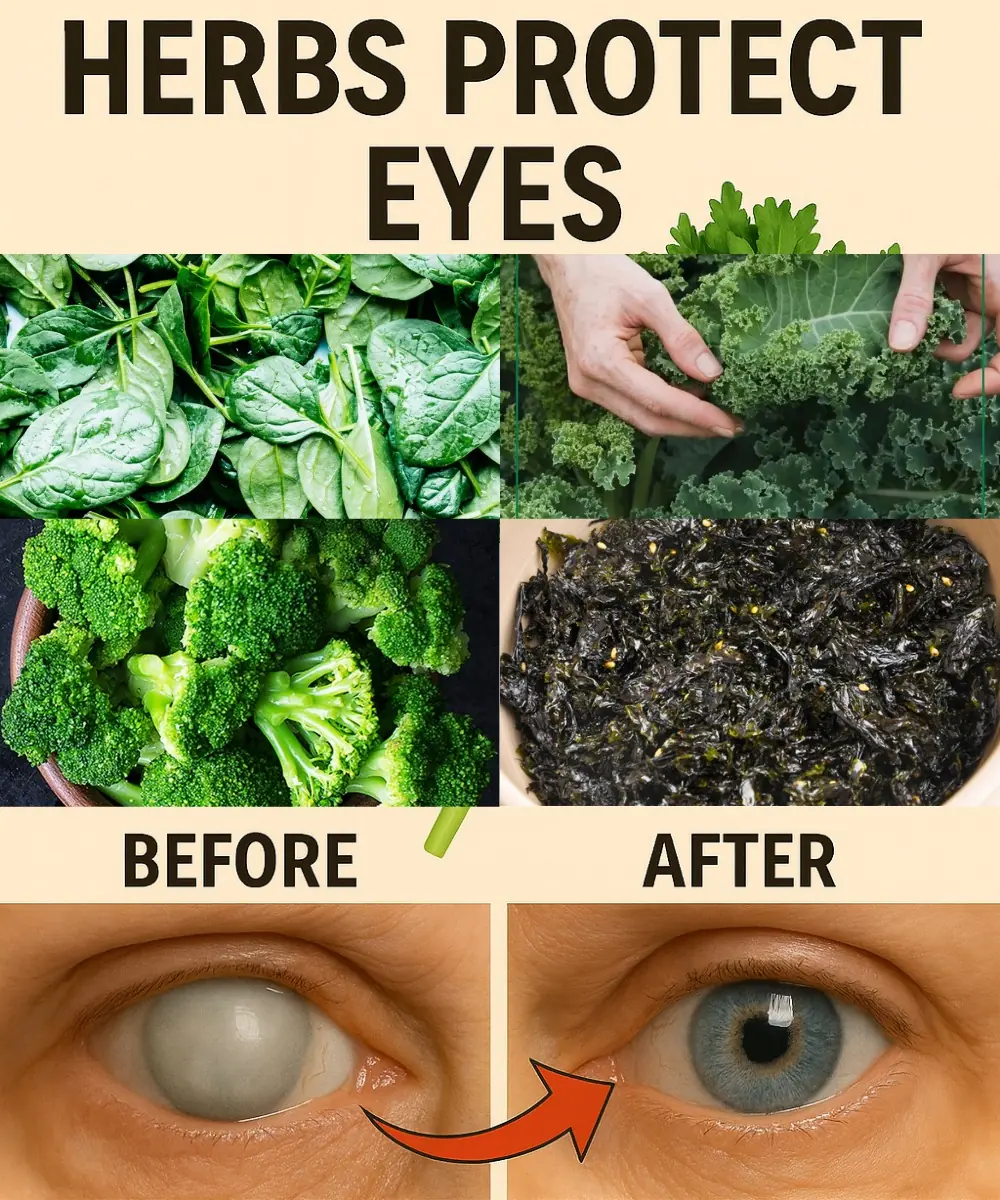
Unlock the Secret to Crystal-Clear Vision: 5 Leaves That Supercharge Your Eye Health

Unlock the Secrets of Euphorbia Hirta: 30 Astonishing Benefits of the Asthma Weed Miracle

Discover the Ultimate Health Elixir: Ginger, Garlic, Lemon, and Honey Tonic

Audrey Crews Becomes First Woman to Receive Neuralink Brain Implant
